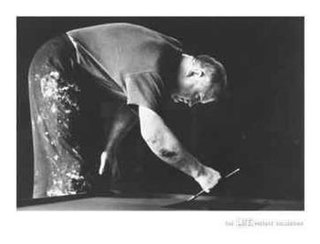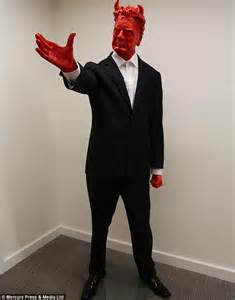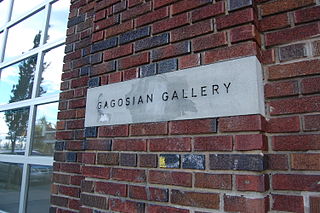A Quote by Kathleen Hanna
Defining art is huge; I feel like it's such a subjective thing. It's more like what's not art. You know what I mean? I think there can be an art in the way people live their lives, and art can be a gift someone gives to somebody.
Related Quotes
The one object of fifty years of abstract art is to present art-as-art and as nothing else, to make it into the one thing it is only, separating and defining it more and more, making it purer and emptier, more absolute and more exclusive - non-objective, non-representational, non-figurative, non-imagist, non-expressionist, non-subjective. the only and one way to say what abstract art or art-as-art is, is to say what it is not.
I like art with a sense of humor. I don't have a huge art education to understand everything. I don't think that means that art has to be watered down to the lowest common denominator, though. I don't think you have to go to college to be able appreciate great art, but I like art that doesn't take itself too seriously.
I think that a lot of artists have succeeded in making what I might call "curator's art." Everybody's being accepted, and I always want to say, "Really? That's what you've come for? To make art that looks a lot like somebody else's art?" If I am thinking of somebody else's art in front of your art, that's a problem.
And I do think that good art - the art that tends to last - is that art that hits human beings on several different levels at once because everybody's different. Some people approach art through their emotions, others through their head, and the art that can appeal to all of those levels is more likely to reach more people. Having more people see the work doesn't necessarily mean better art but it stands a better chance of lasting.
Contemporary art is based on that an artist is supposed to go into art history in the same way as an art historian. When the artist produces something he or she relates to it with the eye of an art historian/critic. I have the feeling that when I am working it is more like working with soap opera or glamour. It is emotional and not art criticism or history of art.
What makes art Christian art? Is it simply Christian artists painting biblical subjects like Jeremiah? Or, by attaching a halo, does that suddenly make something Christian art? Must the artist’s subject be religious to be Christian? I don’t think so. There is a certain sense in which art is its own justification. If art is good art, if it is true art, if it is beautiful art, then it is bearing witness to the Author of the good, the true, and the beautiful
I always look at magazines and wind up standing there like, "Whose house looks like this? Who lives this way?" I never can understand what the point of view is. The only thing you can really do, being a decorator, is put an educated client towards what it is they don't know about. The dialogue between a client and a decorator should be more about, "Let me help you get to the point where you can find a comfortable place to live and be exposed to things," the way that an art consultant exposes a person who wants to buy art to art, instead of inflicting good taste upon them.
Much like teaching art to young art students age 10 to 15 or so on, you have to break it down into bite-sized pieces, essential components. You have to - you know, at this point I'm so used to operating within given assumptions about art. But when you're explaining art to art students or people who are new to this experience, you have to really go back to the fundamentals.



































